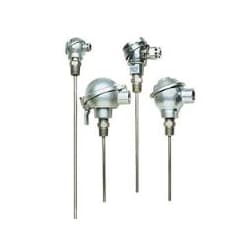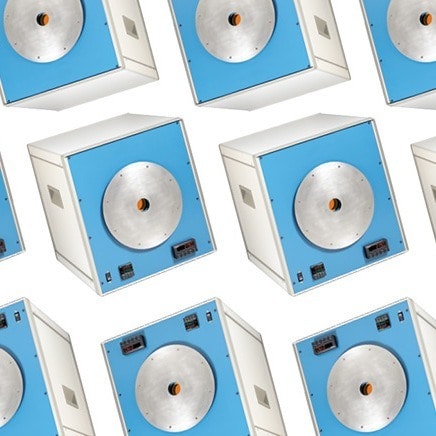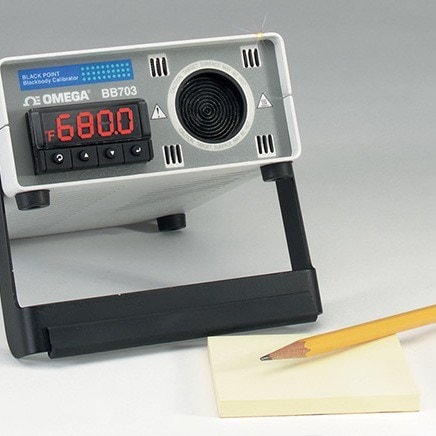Thermocouples, widely utilized for key advantages in temperature measurement—such as wide temperature ranges, fast response times, and robust versatility—serve a critical role across a wide variety of applications.
Thermocouples do have limitations, particularly in extreme environments. For applications operating at punishing temperatures, issues such as thermal drift, compromised mechanical integrity, or changes in electrical properties can lead to reduced accuracy, diminished durability and, ultimately, failure. Replacing failed thermocouples costs money and disrupts production, and can cause inconsistent product quality. All this emphasizes the importance of selecting appropriate thermocouples for demanding conditions.
The Study
In a controlled, comparative analysis, we conducted a series of long-term performance tests on our Super OmegaClad XL™
and standard Inconel probes side-by-side with similarly-specified competitor probes. The study evaluated baseline accuracy, insulation resistance, and resilience under thermal shock conditions to assess performance and reliability.
Baseline Accuracy
The accuracy of each thermocouple was assessed at eight distinct temperature points, ranging from 100 °C to 1149 °C. While all of the competitors’ probes failed to stay within tolerance for all tested temperatures, DwyerOmega’s industrial-grade thermocouples– which feature Special Limits of Error as a standard–all stayed solidly within tolerance at every tested temperature stage.

Baseline Insulation Resistance
Baseline insulation resistance offers insights into the initial integrity of a thermocouple’s insulation, particularly before exposure to operational stress. Each probe's insulation resistance was measured at ambient temperature with 500V DC, and DwyerOmega probes exhibited zero insulation failures, outperforming competitor products in insulation durability.

Thermal Shock
Thermal shock refers to the stress and potential damage that occurs in materials, including thermocouples, when they experience rapid temperature changes. For a thermocouple, thermal shock can lead to mechanical stress that may cause cracking or failure of the sensing elements. When a thermocouple is exposed to sudden temperature fluctuations, the differing expansion and contraction rates of its materials can compromise its structural integrity, leading to inaccurate readings or complete malfunction. This phenomenon is particularly critical in environments with extreme or rapid temperature changes, necessitating careful selection of materials and designs to mitigate the risks associated with thermal shock.
For our thermal shock test, each probe underwent 2000 cycles of 20 s heat-up time from 29 °C up to 1090 °C and then 40 s cool down from 1090 °C back to 29 °C. This punishing test showed DwyerOmega probes performed best in accuracy, durability, and performance consistency throughout the thermal-shock cycles.

Key Takeaways
These findings underscore the critical role that high-quality materials and meticulous design play in optimizing thermocouple performance and ensuring their reliability in demanding applications. The choice of materials directly affects not only the thermocouple’s accuracy and responsiveness, but also its longevity under extreme conditions. Thoughtful design considerations contribute significantly to the overall functionality of thermocouples in challenging environments.
Investing in high-quality products designed for high-performance, like Omega’s Super OmegaClad XL™ and standard Inconel probes, is an essential step for achieving consistent and dependable temperature measurement in a variety of industrial settings.
Learn More About Omega's Robust and Comprehensive Temperature Probe Selection


